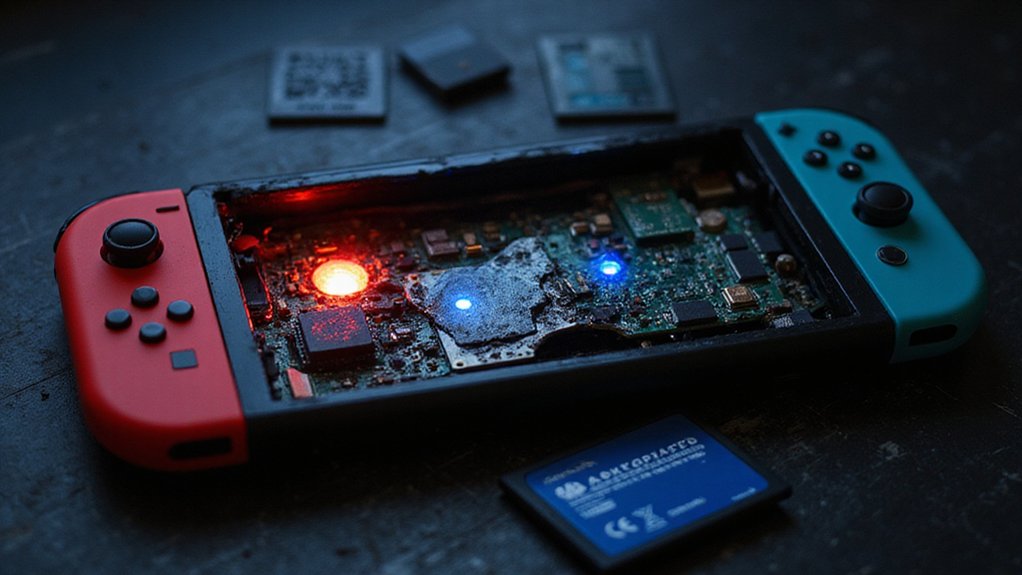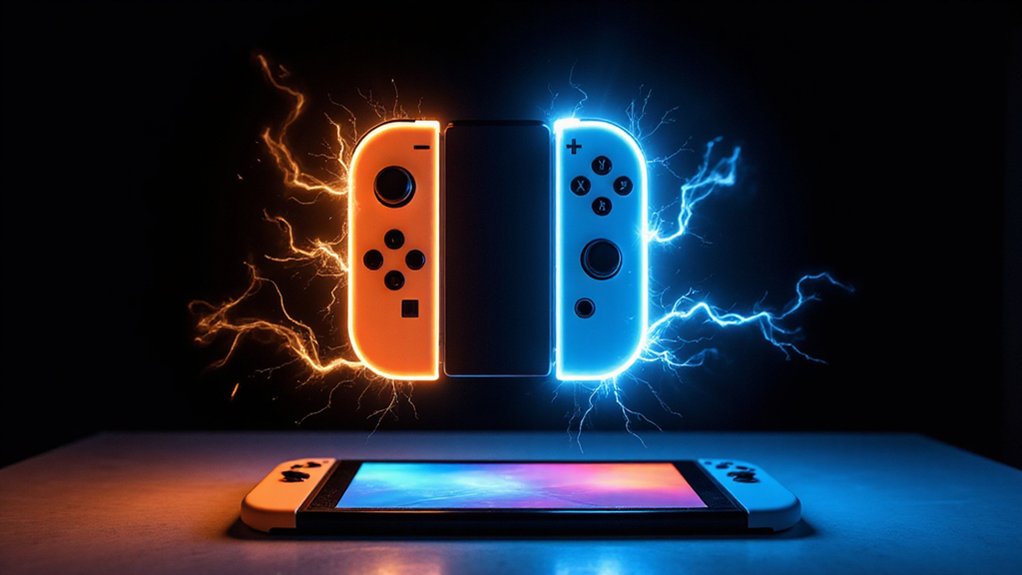While Nintendo Switch owners might be tempted by pirated games, the company has recently stepped up its enforcement against unauthorized software and hardware modifications. The gaming giant has introduced new detection methods through firmware updates that can identify pirated games and unauthorized hardware like R4 cards. These updates enable Nintendo to collect error report data showing when and how users might be engaging in prohibited activities.
Nintendo’s revised user agreements now explicitly grant the company the right to permanently disable—or “brick”—consoles involved in piracy. This means a Switch caught with pirated games or modifications can be rendered completely unusable, not just banned from online features. The policy extends to any form of circumvention, including homebrew applications and reverse engineering attempts. Users must understand that losing account safety is a serious consequence of maintaining modified systems.
The company’s detection systems now use encrypted authentication tickets sent to Nintendo’s servers to distinguish between legitimate and pirated software. Any attempts to bypass or modify these protections are flagged as prohibited activity. The expanded privacy policy authorizes broader data collection specifically for investigating piracy-related issues.
Particularly high-risk activities include using R4 cards, modchips, or similar circumvention hardware. Downloading illegal games, distributing ROMs, and modifying consoles all fall under Nintendo’s enforcement targets. Nintendo’s actions are designed to preserve creative investments in game development that often takes years of work from large teams. The company regularly updates its detection methods to address new piracy techniques as they emerge.
Nintendo continues to aggressively pursue legal action against emulator sites, ROM hosts, and distributors of counterfeit hardware. Their Anti-Piracy Programme outlines extensive measures against all forms of piracy, including partnerships with law enforcement to prosecute high-profile cases.
For users, the stakes are clear: any attempt at piracy now exposes them to the risk of losing their hardware permanently through remote bricking. Even non-piracy modifications might trigger enforcement due to the broad language in Nintendo’s policies. The company’s telemetry systems can automatically flag suspicious behavior, making enforcement both swift and potentially far-reaching.
References
- https://www.vice.com/en/article/with-the-rise-of-r4-cards-and-software-piracy-nintendo-can-now-brick-switch-systems-if-they-detect-any-naughty-business/
- https://www.nintendo.com/en-gb/Legal-information/Nintendo-s-Anti-Piracy-Programme/Nintendo-s-Anti-Piracy-Programme-732261.html
- https://thatparkplace.com/nintendo-can-brick-your-switch-console-for-piracy/
- https://gbatemp.net/threads/3ds-firmware-11-8-potentially-brings-the-switchs-method-of-piracy-detection.513336/
- https://www.engadget.com/gaming/nintendo/nintendo-grants-itself-the-power-to-brick-switches-with-pirated-games-162129077.html









